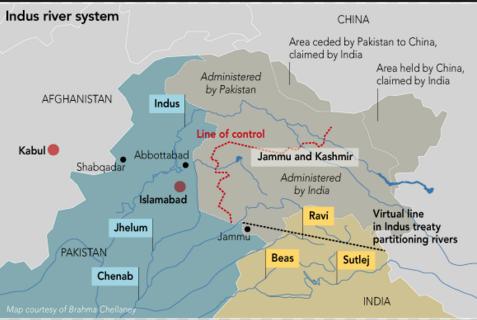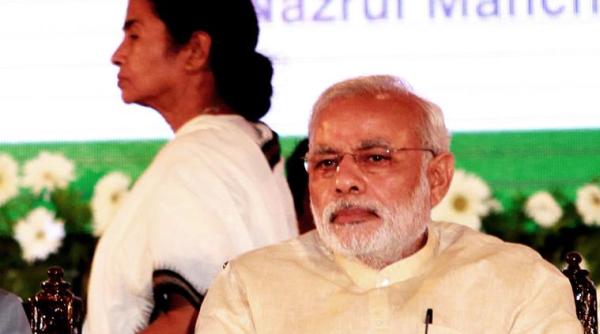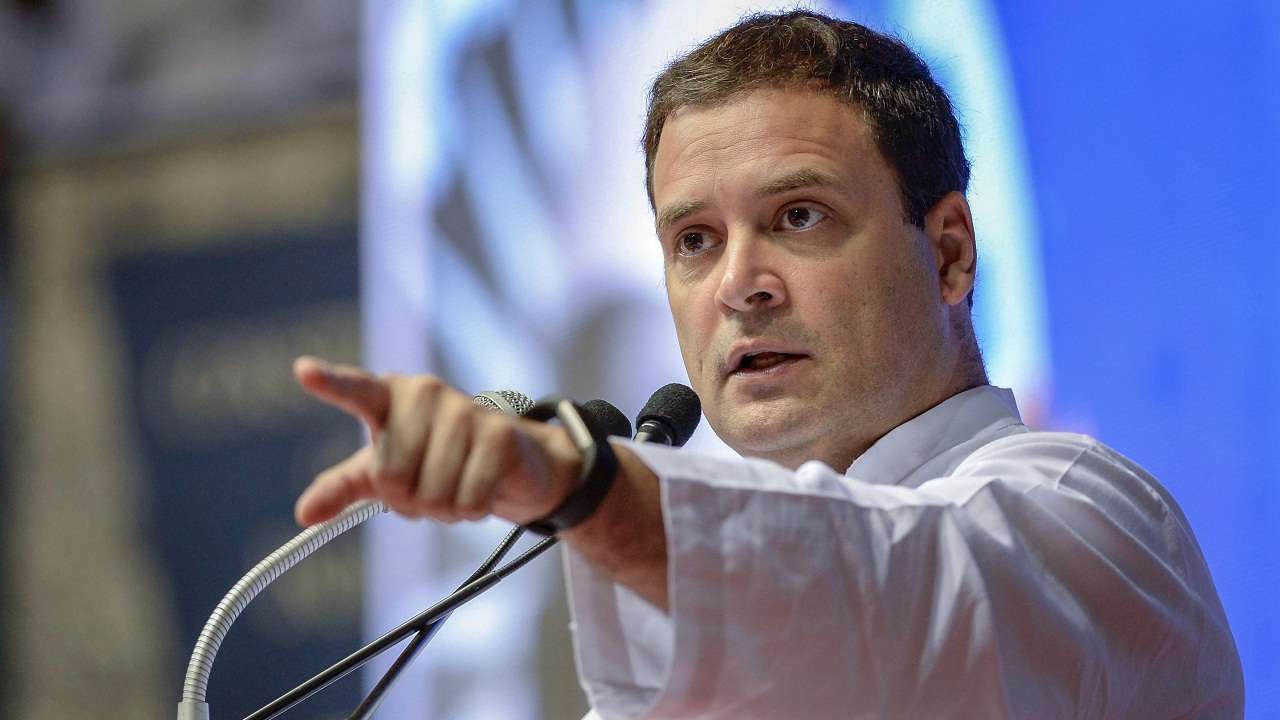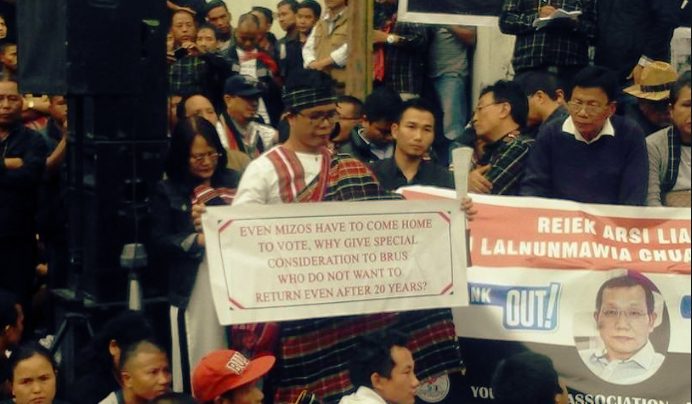India has issued a notice to Pakistan for modification of the Indus Waters Treaty (IWT) of September 1960 following Islamabad’s “intransigence” on its implementation, government sources said on Friday.
The notice was sent on January 25 through respective commissioners for Indus waters, they said.
The sources said India has always been a steadfast supporter and a responsible partner in implementing the IWT in letter and spirit.
“However, Pakistan’s actions have adversely impinged on the provisions of IWT and their implementation, and forced India to issue an appropriate notice for modification of the pact,” said a source.
India and Pakistan signed the treaty in 1960 after nine years of negotiations, with the World Bank being a signatory of the pact.
The treaty sets out a mechanism for cooperation and information exchange between the two countries regarding use of waters of a number of rivers.
In 2015, Pakistan requested for appointment of a neutral expert to examine its technical objections to India’s Kishenganga and Ratle Hydro Electric Projects (HEPs).
In 2016, Pakistan unilaterally retracted this request and proposed that a Court of Arbitration adjudicate on its objections, the sources said.
‘They said this unilateral action by Pakistan is in contravention of the graded mechanism of dispute settlement envisaged by Article IX of the IWT. Accordingly, India made a separate request for the matter to be referred to a neutral expert.
“The initiation of two simultaneous processes on the same questions and the potential of their inconsistent or contradictory outcomes creates an unprecedented and legally untenable situation, which risks endangering the IWT itself,” the source said.
“The World Bank acknowledged this itself in 2016, and took a decision to ‘pause’ the initiation of two parallel processes and request India and Pakistan to seek an amicable way out,” it said.
The sources said that despite repeated efforts by India to find a mutually agreeable way forward, Pakistan refused to discuss the issue during the five meetings of the Permanent Indus Commission from 2017 to 2022 At Pakistan’s continuing insistence, the World Bank has recently initiated actions on both the neutral expert and Court of Arbitration processes, they said.
The sources added that such parallel consideration of the same issues is not covered under any provision of IWT.
“Faced with such violation of IWT provisions, India has been compelled to issue notice of modification,” the source cited above said.
The Indus Water Treaty (IWT) is a water-distribution treaty between India and Pakistan, arranged and negotiated by the World Bank, to use the water available in the Indus River and its tributaries.
It was signed in Karachi on 19 September 1960 by then Indian Prime Minister Jawaharlal Nehru and then Pakistani president Ayub Khan.
The Treaty gives control over the waters of the three “eastern rivers” the Beas, Ravi and Sutlej with a mean annual flow of 41 billion m3 (33 million acre⋅ft) to India, while control over the waters of the three “western rivers” the Indus, Chenab and Jhelum with a mean annual flow of 99 billion m3 to Pakistan.
India has about 20% of the total water carried by the Indus system while Pakistan has 80%









